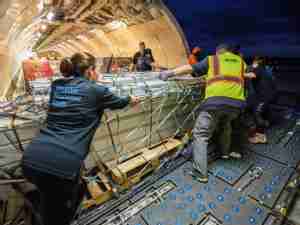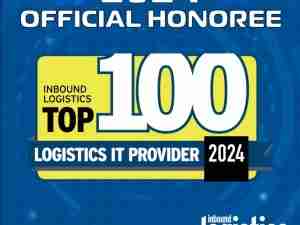The STB gave the NCC and rate bureaus 120 days to adjust to operating without antitrust immunity, like thousands of other associations and businesses. The requested extensions are not needed if the NCC and rate bureaus intend to comply with the antitrust laws, and not warranted if they don't.
NASSTRAC points out in its filings that the NMFC, current baseline rate tariffs, and current general rate increases which have already been adopted for 2007 are not affected by the STB's decision. Carriers will be able to rate traffic and negotiate discounts based on current publications even after September 4, 2007, so long as they act individually rather than collectively.
"Once antitrust immunity for collective ratemaking ends, changes in classifications and baseline rates will be handled through arms length negotiations among shippers, carriers and intermediaries," said Mike Regan, chairperson of the NASSTRAC Advocacy Committee. "This is more likely to lead to a smooth transition to a fully competitive marketplace than giving the NCC and rate bureaus one more year to act with antitrust immunity."
NASSTRAC General Counsel John Cutler explained: "Shippers have to be concerned that, with antitrust immunity about to end, carriers could pile on class rate increases and higher commodity classifications. Since none of their extension requests included a commitment to freeze existing class ratings or class rates, NASSTRAC felt it had no choice but to oppose the extension requests."









